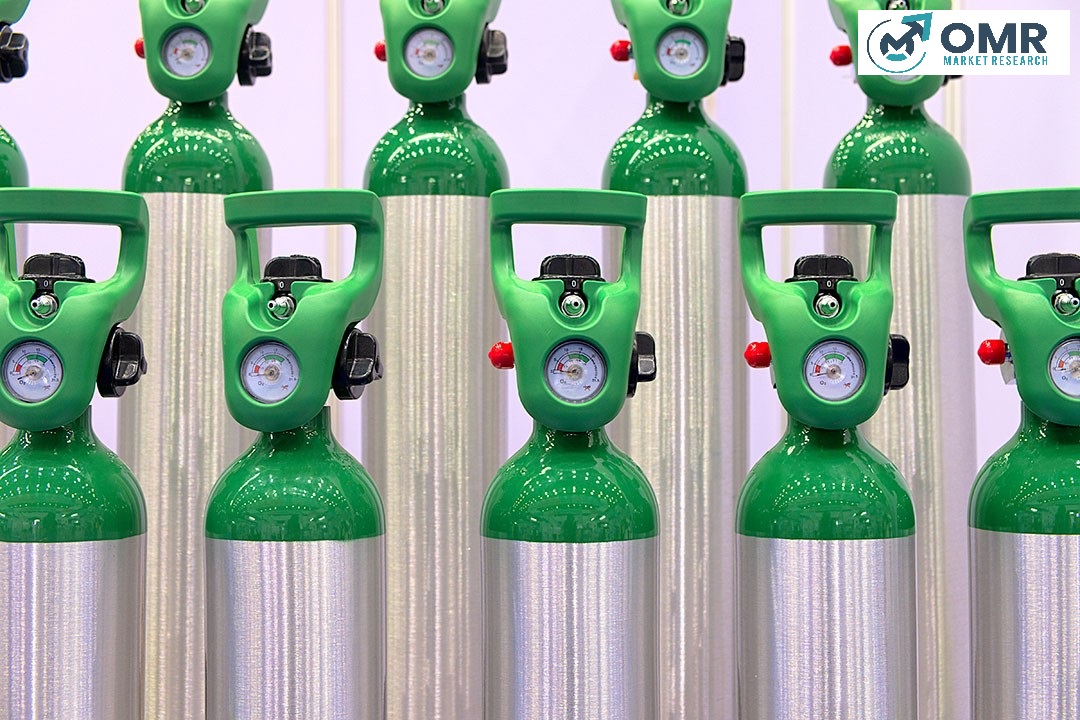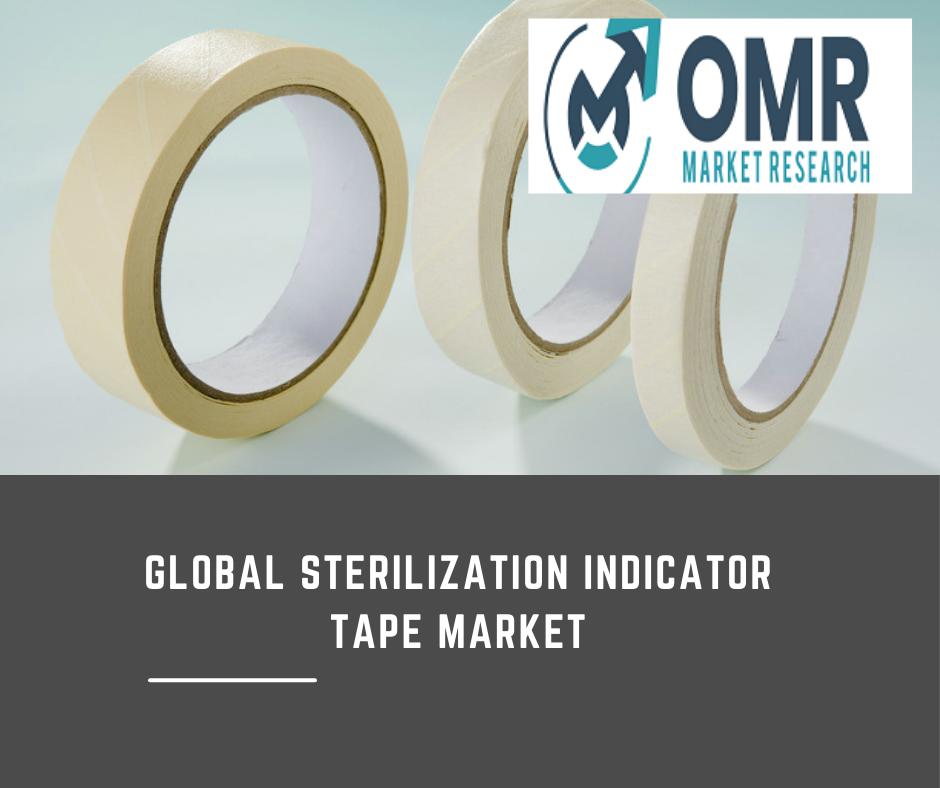Global Healthcare Facility Management market size was USD 278.33 billion in 2023 and the market is projected to touch USD 587.21 billion by 2032, at a CAGR of 8.65% during the forecast period. Healthcare Facilities management includes building and equipment maintenance, security, catering, housekeeping, and general facility operations. The market comprises a wide range of operations aimed at ensuring that healthcare facilities run smoothly, providing optimal care to patients while maintaining a safe and comfortable environment for workers and visitors. This market’s growth is being driven by increased demand for healthcare services as a result of population expansion and aging demographics, as well as the need for cost-effective management solutions to improve operational efficiency and regulatory compliance. Furthermore, technological improvements and the adoption of digital solutions are likely to fuel market growth by streamlining facility management operations and improving overall service delivery. As healthcare facilities continue to expand and evolve to meet the growing needs of patients, the demand for effective facility management services is expected to rise, presenting lucrative opportunities for market players to innovate and diversify their offerings.
Global Healthcare Facility Management report scope and segmentation.
| Report Attribute | Details |
| Base Year | 2023 |
| Forecast Years | 2024 – 2032 |
| Estimated Market Value (2023) | USD 278.33 Billion |
| Projected Market Value (2032) | USD 587.21 Billion |
| Segments Covered | By Service Type, By End-User, & By Region. |
| Forecast Units | Value (USD Million or Billion) |
| Quantitative Units | Revenue in USD million/billion and CAGR from 2024 to 2032. |
| Regions Covered | North America, Europe, Asia Pacific, Latin America, and Middle East & Africa. |
| Countries Covered | U.S., Canada, Mexico, U.K., Germany, France, Italy, Spain, China, India, Japan, South Korea, Australia, Brazil, Argentina, GCC Countries, and South Africa, among others. |
Global Healthcare Facility Management dynamics
As healthcare institutions try to meet rising demand, there is a corresponding need for effective facility management systems that optimize resource usage, reduce operational costs, and assure regulatory compliance. Furthermore, the changing regulatory landscape and emphasis on patient safety and happiness highlight the significance of good facility management procedures.
Technological improvements also have a significant impact on market dynamics, with the adoption of digital solutions and automation transforming facility management procedures. Integrated facility management platforms, IoT-enabled devices, and predictive maintenance solutions are rapidly being applied to promote operational efficiency, optimize asset usage, and provide real-time monitoring of critical infrastructure. Moreover, the COVID-19 pandemic has highlighted the importance of infection control and hygiene standards within healthcare facilities, driving demand for specialized facility management services such as cleaning and disinfection.
However, the market also faces challenges such as budget constraints, especially in emerging economies, where healthcare infrastructure may be underdeveloped or insufficiently funded. Moreover, the complexity of managing diverse facilities with varying requirements and regulations poses operational challenges for facility managers.
Global Healthcare Facility Management drivers
Increasing Demand for Healthcare Services
The rising global population, combined with aging demographics and an increasing frequency of chronic diseases, is driving up demand for healthcare services. As a result, healthcare facilities are growing and modernizing to accommodate the increased number of patients. This increase in demand creates a higher need for effective facility management systems to ensure smooth operations, maximize resource utilization, and maintain high patient care standards. As a result, the healthcare facility management market is expanding as providers seek creative solutions to meet the changing needs of the healthcare industry.
Complete Report: https://organicmarketresearch.com/global-healthcare-facility-management-market
Technological Advancements and Automation
Technological advancements are changing the face of healthcare facility management by bringing improved tools and systems that streamline operations and boost efficiency. Facility managers can use integrated facility management platforms, IoT-enabled devices, and predictive maintenance software to monitor equipment performance, automate routine tasks, and handle maintenance issues before they arise. These solutions not only improve operational efficiency, but also help to save money by eliminating downtime and the need for manual intervention. Furthermore, automation allows facilities to minimize energy usage, increase sustainability, and comply with environmental requirements, which is boosting the use of technology-driven facility management systems in the healthcare sector.
- Restraints:
Budget Constraints
Budget constraints are a key barrier for healthcare facilities, especially in emerging economies where resources may be sparse or handled inefficiently. Limited funding limits facilities’ capacity to invest in contemporary infrastructure, equipment improvements, and innovative facility management technologies. As a result, many healthcare providers struggle to maintain aged facilities, solve maintenance issues, and implement complete facility management strategies, limiting market growth.
Complex Regulatory Environment
The healthcare industry is subject to severe regulatory rules and standards designed to protect patients’ safety, privacy, and quality of care. Navigating this complicated regulatory framework presents a challenge for site managers, who must maintain compliance with several standards while optimizing operational processes and resource allocations. Meeting regulatory standards frequently incurs additional expenses and administrative hassles, resulting in operational inefficiencies and potential non-compliance hazards. As a result, the complex regulatory environment restricts market expansion, especially for smaller healthcare facilities with limited resources and expertise.
- Opportunities:
Rising Emphasis on Preventive Maintenance and Sustainability
The increased recognition of the need of preventative maintenance and sustainability measures creates an opportunity for healthcare facility management companies to provide specialized services that address these demands. Facilities may extend the life of their equipment, cut energy usage, and lessen their environmental effect by using proactive maintenance plans and eco-friendly practices. Providers that offer complete preventative maintenance plans and sustainability solutions are well-positioned to capitalize on this increasing trend and differentiate themselves from the market.
- Segment Overview
The healthcare facility management market is divided into two service types, hard services and soft services. Hard services include physical and technical duties including building upkeep, equipment repair, and infrastructure management. These services are critical for the correct operation and safety of healthcare institutions, such as hospitals, clinics, ambulatory service centers, and long-term care facilities. In contrast, soft services are non-technical support operations such as cleaning, catering, security, and administration. While hard services focus on maintaining physical infrastructure, soft services are critical in providing a clean, safe, and comfortable environment for patients, staff, and visitors.
Furthermore, the market can be divided by end user into hospitals and clinics, ambulatory service centers, long-term healthcare institutions, and others. Hospitals and clinics are the largest end user sector, accounting for a sizable portion of the healthcare facility management industry. These institutions require a variety of services, both hard and soft, to support their everyday operations and provide great patient care. Ambulatory service centers, such as outpatient clinics and surgical centers, rely on facility management services to keep their buildings in good condition and enable outpatient care delivery. Long-term healthcare facilities, such as nursing homes and assisted living facilities, have particular facility management requirements, including specialized care and accommodation services geared to the elderly or disabled inhabitants.
Global Healthcare Facility Management Overview by Region
North America dominates the market, owing to its modern healthcare facilities, strong regulatory standards, and high healthcare spending. The region’s mature healthcare business encourages the use of cutting-edge facility management technologies and outsourcing strategies to improve operational efficiency and compliance. Europe follows closely, with well-established healthcare systems, increasing privatization trends, and rising demand for outsourced facility management services. Asia Pacific is poised for significant expansion, driven by growing urbanization, increased healthcare investments, and expanding healthcare infrastructure in nations such as China, India, and Japan. The region’s vast population and rising healthcare costs provide opportunity for facility management providers to meet a wide range of needs while also supporting the development of modern healthcare facilities. In Latin America, the Middle East, and Africa, the industry is being driven by efforts to improve healthcare access, upgrade existing infrastructure, and improve service delivery. However, economic problems, political instability, and disparities in healthcare hinder market expansion in these regions. However, increased investments in healthcare infrastructure, expanding medical tourism, and government measures to encourage healthcare modernization all provide opportunities for market expansion.
Global Healthcare Facility Management market competitive landscape
Major players provide a wide range of facility management services customized to healthcare institutions’ specific needs, such as maintenance, cleaning, security, catering, and administrative assistance. Furthermore, the market includes a mix of regional and local businesses that cater to specific geographical markets or specialty niches of the healthcare industry. Market players are increasingly focusing on growing their service portfolios, employing technology to improve service delivery, and forming strategic alliances with healthcare providers to achieve a competitive advantage. Furthermore, the emergence of integrated facility management solutions combining diverse services and digital platforms is redefining the competitive landscape, forcing companies to distinguish their offers and give value-added services to clients. With the growing demand for cost-effective facility management solutions and increasing emphasis on quality, compliance, and patient satisfaction, competition in the market is expected to intensify further, prompting companies to innovate and adapt to evolving market dynamics to maintain their competitive position.
Global Healthcare Facility Management Recent Developments
- In April 2024, Ujala Cygnus, a prominent healthcare provider operating in Northern India and comprising 21 hospitals catering to Tier-II and Tier-III cities, has revealed its new collaboration with General Atlantic, a renowned global growth investor. This investment from General Atlantic underscores the robustness and impact of Ujala Cygnus’ mission-oriented approach to widen access to economical healthcare in underprivileged areas, prioritizing the preservation and dignified care of lives. Under the terms of the agreement, General Atlantic will secure a substantial majority share in Ujala Cygnus.
Contact Us:
Mob : +91 9319642100
Noida One Tower Sec 62 Noida 201301
Sales : sales@organicmarketresearch.com
Website : https://www.organicmarketresearch.com














